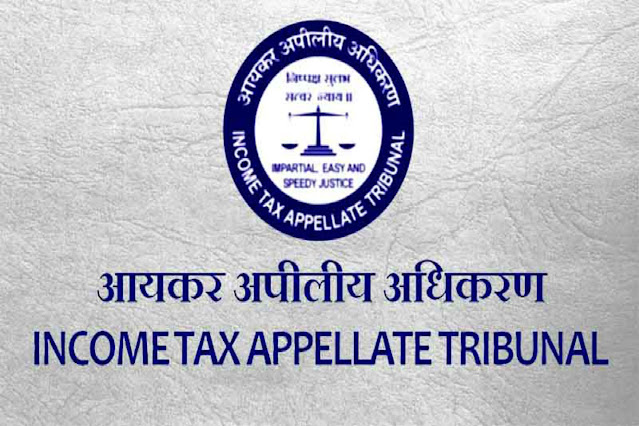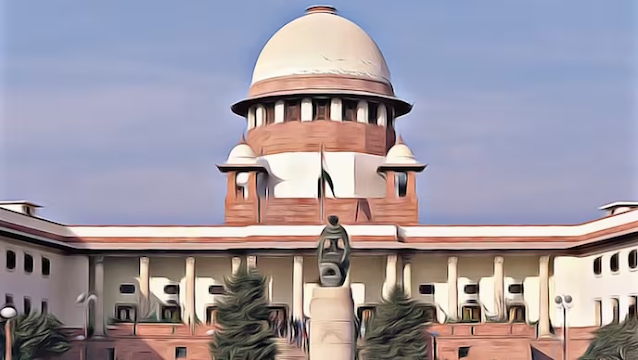M.M.S. Bedi, J.@mdashThe Plaintiffs have preferred this revision petition against the order dated March 1, 2011 allowing the application for amendment under Order 6 Rule 17 CPC filed by the Defendant-Respondent permitting him to amend the written statement and to add preliminary objections 6 and 7 in the written statement to the effect that the site plans of the Plaintiffs are not correct as per the sale deeds dated February 11, 1966 and July 27, 1967 and that the suit is bad for partial partition as the Plaintiffs have not included other properties owned by Darshan Singh.
2. Counsel for the Petitioners has vehemently contended that the amendment has been allowed illegally as the Defendant-Respondent has already taken up all the legal objections in preliminary objections and nothing new was required to be added. The amendments are mere repetitions of the pleas already taken in the written statement. He has referred to the issues which have already been framed. Referring to issues No. 2, 3 and 4, it has been contended that all the pleas sought to be established and added by the Defendant-Respondent stand covered under the issues already framed. It has been argued that the Plaintiff-Petitioners have sought separate possession by way of partition of the properties claiming that the Plaintiffs are owners to the extent of 4/5th share in the property which is shown in the two site plans appended with the plaint.
3. I have heard counsel for the Petitioners and with the assistance of the counsel gone through the plaint, the original written statement, the original issues framed and the impugned order. No doubt in the present case the suit was filed on March 30, 2006 and the written statements was filed on April 10, 2006. The issues were framed on July 20, 2006 and entire evidence of both the parties have been closed in December 2006, while the Defendant evidence was being recorded. An application for amendment was filed on January 19, 2011 seeking aforesaid amendment in the written statement. A perusal of the pleadings indicates that the suit property was allegedly owned by Puran Singh. He had, by virtue of two sale deeds, transferred the same to his son Darshan Singh. The Plaintiff- Petitioners and Defendant-Respondent are the natural heirs of Darshan Singh. After the death of Darshan Singh, the Plaintiff-Petitioners are seeking partition on the basis of natural inheritance claiming themselves to be owners to the extent of 4/5th share. It has been brought to my notice that after the amendment, two additional issues have been framed as issue Nos. 5A and 5B to the effect (i) site plan annexure 1 and 2 are not correct as per sale deeds dated 11.2.66 and 27.7.1967; and whether the suit is bad for partial partition as the Plaintiff has not included the other properties owned by Darshan Singh. The Defendant has now to lead evidence. No doubt, the proceedings will be delayed on account of the amendment having been allowed and the additional issues framed.
4. Counsel for the Petitioners has placed reliance on K.B. Sharma v. Sh. Keerti Karan Dharni 2010 (2) RCR 19 and Ajit Singh v. Jaswinder Kaur 2009 (1) CCC 354 in support of his contention that application for amendment cannot be allowed after the trial has commenced unless the Court comes to the conclusion that inspite of due diligence the party could not have raised the matter before commencement of the trial. He has also placed reliance upon the judgment of Supreme Court in Vidya Bai and Ors. v. Padma Latha and Anr. 2009 (1) CCC 798 (SC) to contend that the amendment of the pleadings after commencement of the trial cannot be allowed casually. He has also placed reliance on Ajender Parshadji N. Pande and Anr. v. Swami Kesav Parkash Dass Ji and Ors. 2007 (1) RCR 481 (SC) laying down that for the purpose of Order 6 Rule 17 CPC, trial will be deemed to commence when issues are settled and the case is set down for recording of evidence and that a party seeking amendment has to prove that inspite of due diligence, he could not have raised the matter before the commencement of trial.
5. I have considered the ratio of the judgments cited by the counsel for the Petitioners. There is no controversy regarding the proposition of law and the proviso which has been added in Order 6 Rule 17 CPC by amendment of CPC in the year 2002 that no application for amendment shall be allowed after the trial has commenced unless and until the Court comes to a conclusion that in spite of due diligence the parties could not have raised the matter before the commencement of the trial but at the same time the observations of the Apex Court in Vidyabai�s case (supra) cannot be ignored wherein it has been laid down that it is the primal duty of the court to decide as to whether an amendment sought is necessary to decide the real dispute between the parties. In case the Court arrives at a conclusion that the amendment is necessary to decide the real dispute the amendment can only be allowed if said condition is fulfilled.
6. A perusal of the pleadings and the issues already farmed indicate that the dispute is inter-se the brothers and sisters. The rights and share of the parties is required to be determined and their right for separate possession is to be determined in context to the sale deeds which were executed in favour of Darshan Singh. The property in dispute has to be exactly earmarked before the rights of the parties are adjudicated. By way of amendment the validity of the site plans which have been appended with the plaint has been doubted and legal plea has been sought to be incorporated that suit is bad for partial partition. Unless and until the Court arrives at a conclusion that the site plans attached with the plaint are correct as per the sale deeds relied upon by the Plaintiffs or it is decided whether the suit is not bad for partial partition, it will not be feasible for the trial Court to effectively adjudicate all the controversies once for all between the parties. Since the issues have already been framed on the basis of the amendments, there will certainly be delay caused for adjudication of the matter on account of the delayed amendment sought by the Defendant-Respondent. Though there is no ground for interference in the order passed by the trial Court in allowing the amendment in the written statement but at the same time it is observed that the amendment should have been allowed subject to payment of costs for the inconvenience caused to the Plaintiff-Petitioners for the negligence of the Defendant-Respondent. The amendment has been allowed by the trial Court without ordering any cost. In the interest of justice, it is ordered that the cost of Rs. 10000/-will be payable by the Defendant-Respondent to the Plaintiffs within one month after the receipt of a certified copy of this order. This order has been passed in the interest of justice in limine to prevent any inconvenience to the Defendant-Respondent. Had a notice been issued to the Defendant-Respondent and the present order been passed after notice, the Respondent would have incurred more expenses in contesting the revision petition by engaging a counsel.
7. For the abovesaid reasons, the petition is disposed of in limine. The cost of Rs. 10000/-will be payable by the Defendant-Respondent on a demand being raised by the Plaintiff- Petitioners.

